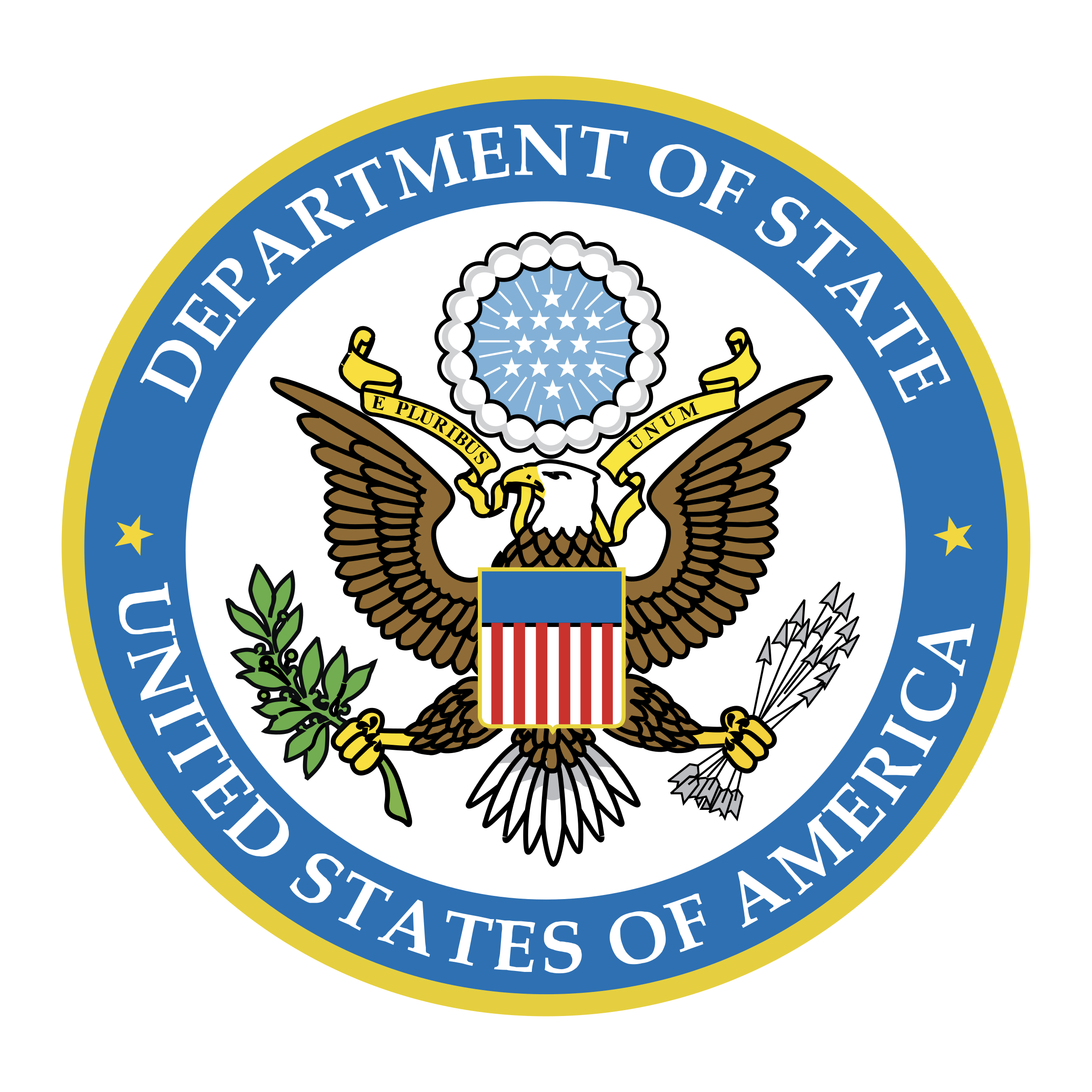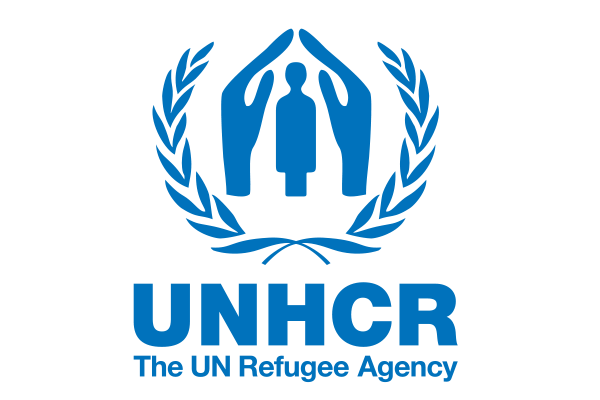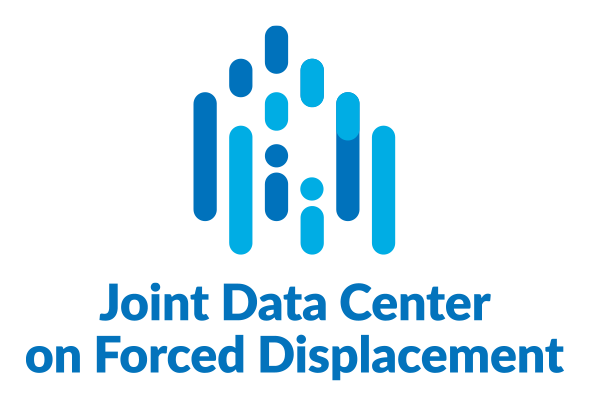About
The Expert Group on Refugee, Internally Displaced Persons, and Statelessness Statistics (EGRISS) is a multi-stakeholder group mandated by the UN Statistical Commission to develop international recommendations, standards, and guidance for improved forced displacement and statelessness statistics. Since its establishment in 2016, the expert group has made significant progress supporting countries and regional and international organizations to enhance their collection, production, and dissemination of official statistics on forcibly displaced populations. Based on this success, since 2021, its mandate was extended to include statelessness.
Its first phase of work included the development of International Recommendations on Refugee Statistics (IRRS) and the Technical Report on Statistics of Internally Displaced Persons. Both documents were formally adopted during the 49th session of the UNSC in 2018. Following this, the second phase of EGRISS’ work has produced the International Recommendation on IDP Statistics (IRIS) and an online Compilers’ Manual – a hands-on guide for the implementation of the recommendations on refugee and IDP statistics.
The endorsement of the IRIS and the publication of the Compilers’ Manual introduced the third and current phase of EGRISS’ mandate, which focuses on the implementation of both sets of recommendations – on refugee and IDP statistics. This is being done by strengthening national statistical capacity, providing support, and taking steps to monitor the application of the international statistical recommendations on refugees and IDPs. These activities will enable the identification of best practices, knowledge dissemination, peer-to-peer learning and exchange, and refinement of the recommendations themselves as necessary. The third phase also includes the development of International Recommendations on Statelessness Statistics (IROSS), were successfully endorsed at the 54th session of the UNSC in 2023.
EGRISS comprises members from 61 national statistics authorities from different regions of the world and 40 regional and international organisations. Openness and inclusivity are critical aspects of the EGRISS methodology, welcoming collaboration with new, relevant partners from the statistical community. Read more about EGRISS’ membership here.
Terms of Reference
The third phase of EGRISS’ mandate, which spans from 2020 to 2025, focuses on the application of the International Recommendations on Refugee and IDP Statistics (IRRS and IRIS) at the national, regional and global levels and the development of the International Recommendations on Statelessness Statistics (IROSS).
Governance
The Steering Committee oversees the work of EGRISS providing strategic advice and guidance to its membership and active Technical Subgroups. It currently comprises 15 members, including national statistical offices, regional and international organisations, that meet regularly to discuss our activities and ensure its continued relevance and effectiveness.
Membership
EGRISS is a multistakeholder group with members from 61 national statistics authorities from regions and countries affected by forced displacement and statelessness. 37 regional and international organizations are also members.
EGRISS Secretariat
The EGRISS Secretariat provides support to both Steering Committee and subgroups and coordinates the EGRISS’ work overall. The Secretariat is hosted by the United Nations Refugee Agency (UNHCR) in Copenhagen. If you would like to get in touch with the EGRISS Secretariat, click below.
Subgroups
EGRISS activities are undertaken by the broader membership organized into thematic Technical Subgroups (TSG). There are currently two active Subgroups, each one responsible for the implementation and coordination of activities and providing a platform for information sharing and exchange. Read more about EGRISS’ Subgroups here.



